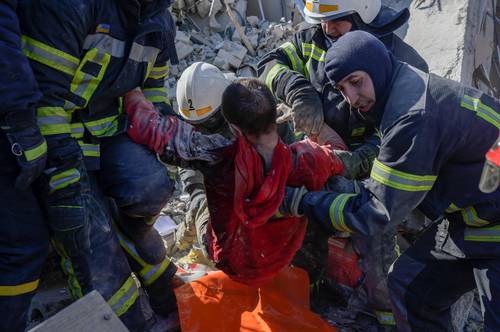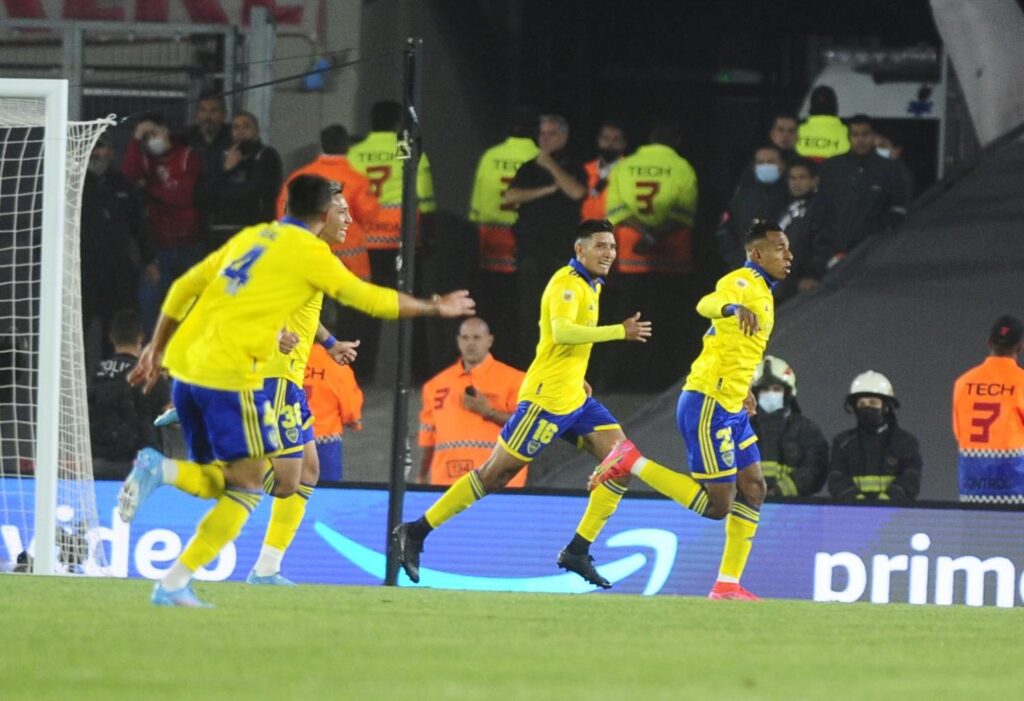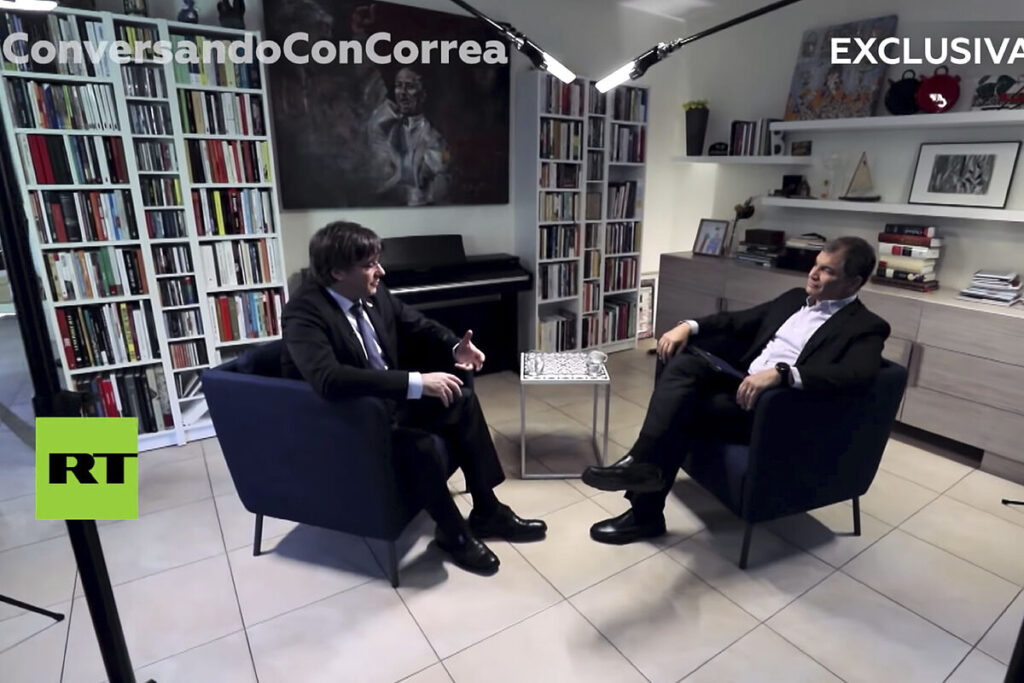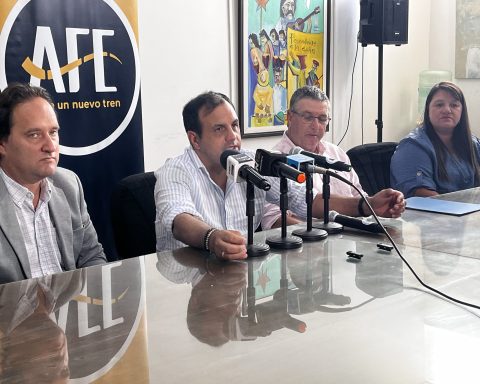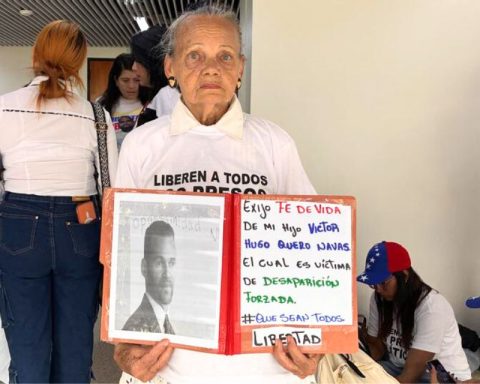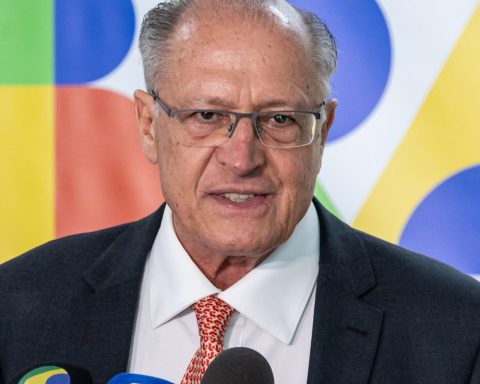Jeffrey D Sachs
▲ Rescue of a soldier in a military school hit by Russian rockets, in Mykolaiv, southern Ukraine, where about 40 elements died.Photo Afp
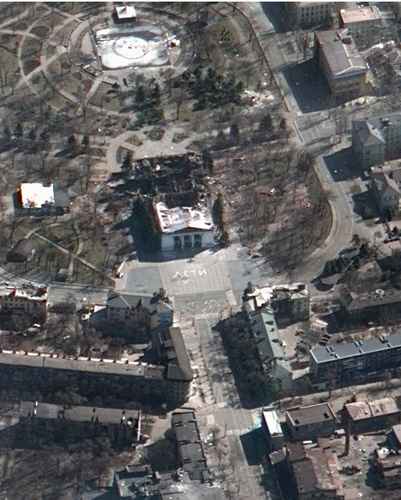
▲ Satellite image of the Mariupol Drama Theater, which was bombed on Wednesday. Rescue teams yesterday searched for civilians feared trapped under the rubble.Photo Afp
L
to war of Vladimir Putin against Ukraine is horrible and barbaric. But it is still possible to end it with a diplomatic solution in which Russia withdraws its forces in exchange for Ukraine’s neutrality. Putin signaled that he was open to that possibility in his recent phone conversation with French President Emmanuel Macron: this is, first of all, about the demilitarization and neutrality of Ukraine, to ensure that Ukraine will never be a threat to Russia
.
One way to translate it into action could be for NATO and Ukraine to forgo future membership in the alliance, in exchange for Russia immediately withdrawing from that nation and promising not to attack it again.
In a diplomatic solution, everyone has to give something up. Putin will not be able to restore the Russian empire and Ukraine will not be able to join NATO. The United States will have to accept limits to its power in a multipolar world (a truth that applies to China as well).
It is true that a diplomatic solution does not sit very well with the current climate. The world is horrified by Russia’s treachery and shocked by the heroic resistance of the Ukrainian people. But Ukraine’s (and perhaps even the world’s) survival ultimately depends on prudence trumping righteous bravery. kyiv is calling for more warplanes and heavy artillery to be sent to it, and for NATO to impose a no-fly zone. All these measures would increase the risk of a direct confrontation between Russia and the alliance, which could quickly escalate into a nuclear confrontation.
The instinctive response of the European and US leadership has been to crush the Russian economy, to provide a clear demonstration that barbarism does not pay. Viewed in this light, a negotiated settlement looks like appeasement; but the deal would be to save Ukraine, not hand it over. Economic warfare also carries great risks. It will cause enormous global upheaval, and sooner or later voices will be raised calling for a shift from economic measures to a military response. In the meantime, the fighting will continue, with enormous bloodshed, and the likely result will be that Russia ends up occupying the country anyway.
Diplomacy can work even in the worst of a confrontation. In fact, it is essential for the resolution of disputes between great powers in the nuclear age. A good example is the Cuban missile crisis. Whether the incident is blamed on the United States (for supporting an invasion of Cuba in 1961) or the Soviet Union (for deploying atomic weapons on the island in 1962), the conflict brought the world to the brink of a nuclear apocalypse.
In the end, the crisis was defused through diplomacy and mutual concessions, not through unilateral victory. US President John F. Kennedy agreed to remove the missiles from Turkey and promised never to invade Cuba again, and Soviet Premier Nikita Khrushchev agreed to remove the missiles from the island. The world was lucky. As the historian Martin Sherwin later showed, a nuclear war between the two powers was close to breaking out, despite the efforts of Kennedy and Khrushchev to prevent it.
In response to Putin’s war, the United States and Europe promptly implemented an impressive set of economic measures for total trade and financial disengagement from Russia. Some of those measures were: the freezing of Russian central bank reserves and other private assets, the confiscation of yachts, the interruption of technological flows, the suspension of insurance coverage and the expulsion of Russian securities from the stock markets.
But sanctions like the ones mentioned rarely deter (let alone topple) a ruthless regime. The United States tried similar measures to remove Venezuelan President Nicolás Maduro from power, but all they managed to do was crush the economy. According to the International Monetary Fund, Venezuela’s GDP per capita fell by more than 60% between 2017 and 2021, but Maduro remains strong (and is now being courted by the United States for Venezuelan oil). Nor have US sanctions brought down the regimes in Iran and North Korea.
Furthermore, sanctions against Russia are likely to become less effective over time. After immediately producing large-scale global chaos and disruption (with higher oil prices and disruption of major supply chains) they will create countless arbitrage opportunities for Russia to sell its products to entities not targeted by US sanctions. China and other countries will not be willing to enforce a sanctions regime that could be used against them the next time around. So Russia will not be as isolated as the United States and Europe believe. After the initial shock of the new sanctions, their business opportunities are likely to increase rather than decrease.
In addition to economic sanctions, the United States and Europe are sending weapons to Ukraine. This is also highly unlikely to prevent a Russian occupation, but it will increase the chances that Ukraine will turn into another endless carnage, as Afghanistan, Libya and Syria already have. And what’s worse is that arms flows to Ukraine risk a direct military confrontation between Russia and NATO. Afghanistan, Libya and Syria did not have nuclear weapons, but Russia has almost 6,000, of which an estimated 1,600 are active and deployed.
Diplomacy may fail, but that doesn’t mean it’s not worth trying. As Kennedy said: Let us never negotiate out of fear, but let us never be afraid to negotiate
. That attitude saved the world in 1962 and can save it again now.
Russia watchers disagree on Putin’s real motives. Many believe that he will not stop until he recreates the Russian empire. If so, God help us. Others believe that he seeks to destroy Ukraine’s democracy and suffocate its economy, so that he cannot become a beacon for the Russian people. But others argue that Putin’s vociferous rejection of NATO expansion (and of US political meddling in Ukraine, including his support for the uprising against pro-Russian President Viktor Yanukovych in 2014) is genuine.
Time to put that thesis to the test. What if Ukraine’s neutrality really was the key to peace? Diplomacy is not appeasement: it is prudence, and it can save Ukraine and the world from unlimited catastrophe.
Jeffrey D. Sachs is a distinguished professor at Columbia University and director of its Center for Sustainable Development. He is also president of the United Nations Sustainable Development Solutions Network.
Copyright: Project Syndicate, 2022. www.project-syndicate.org
